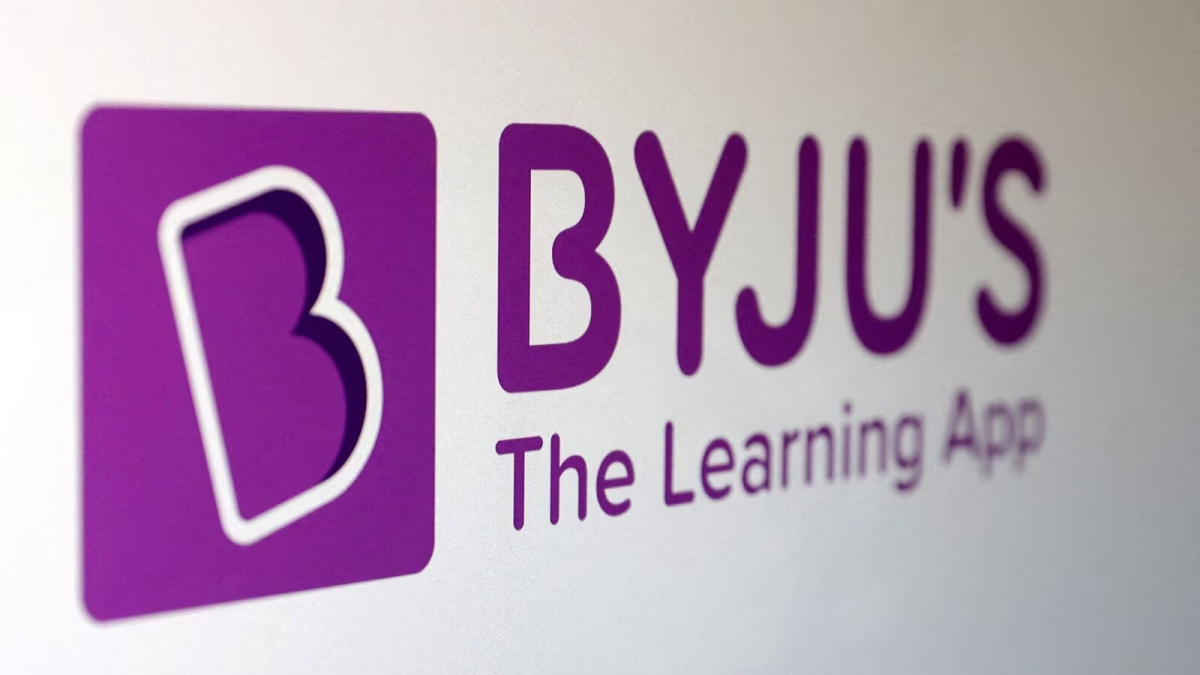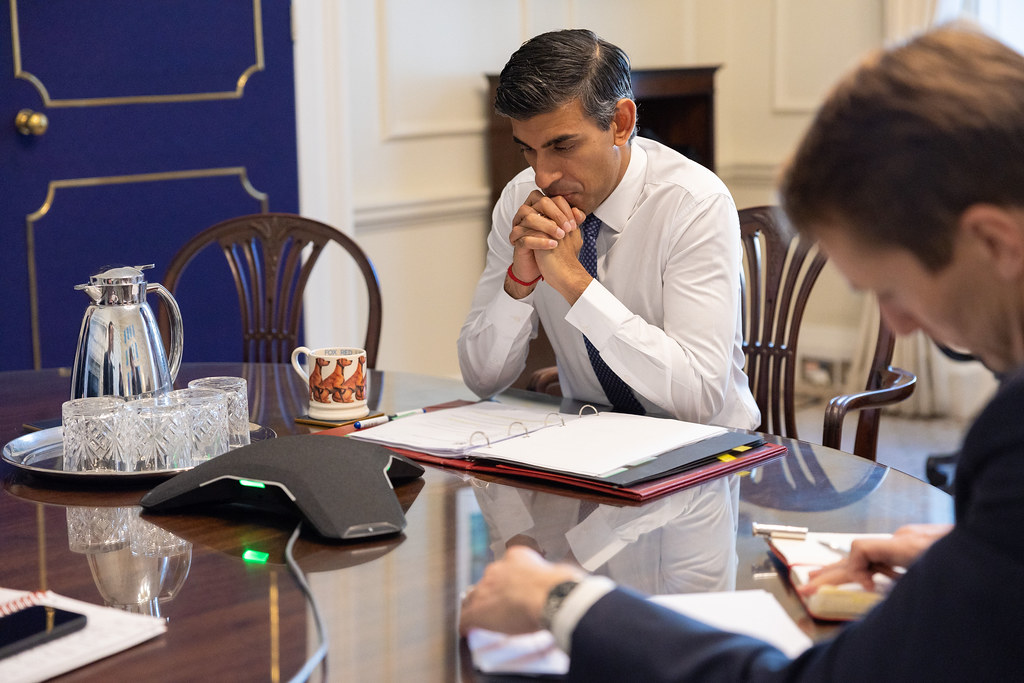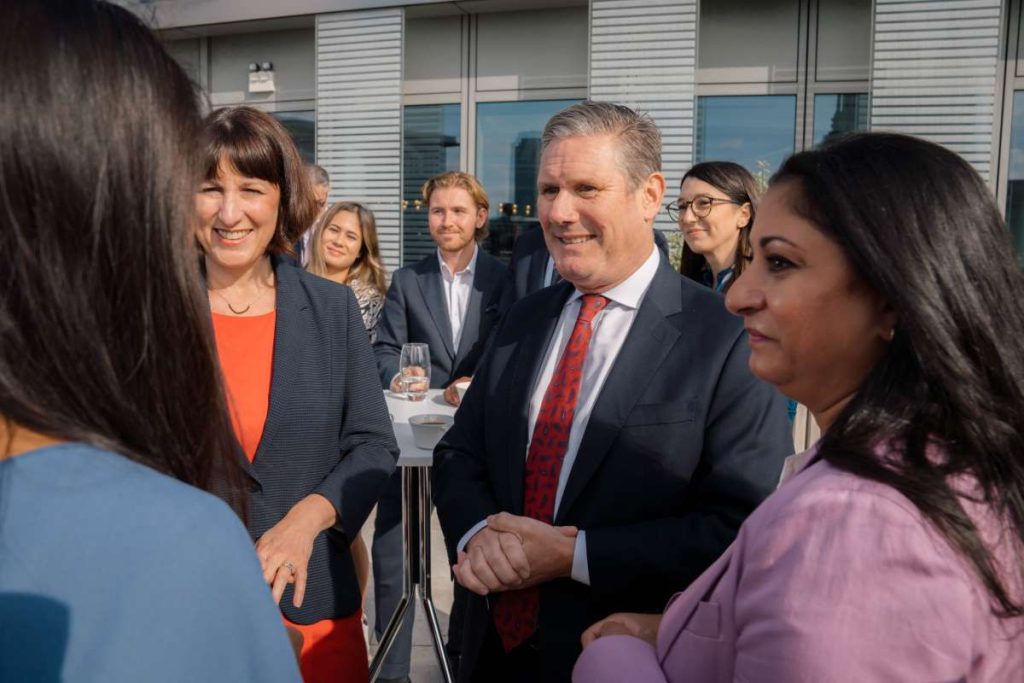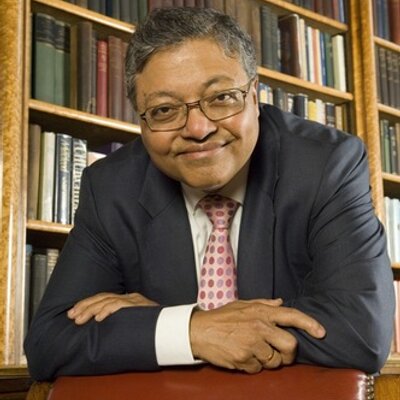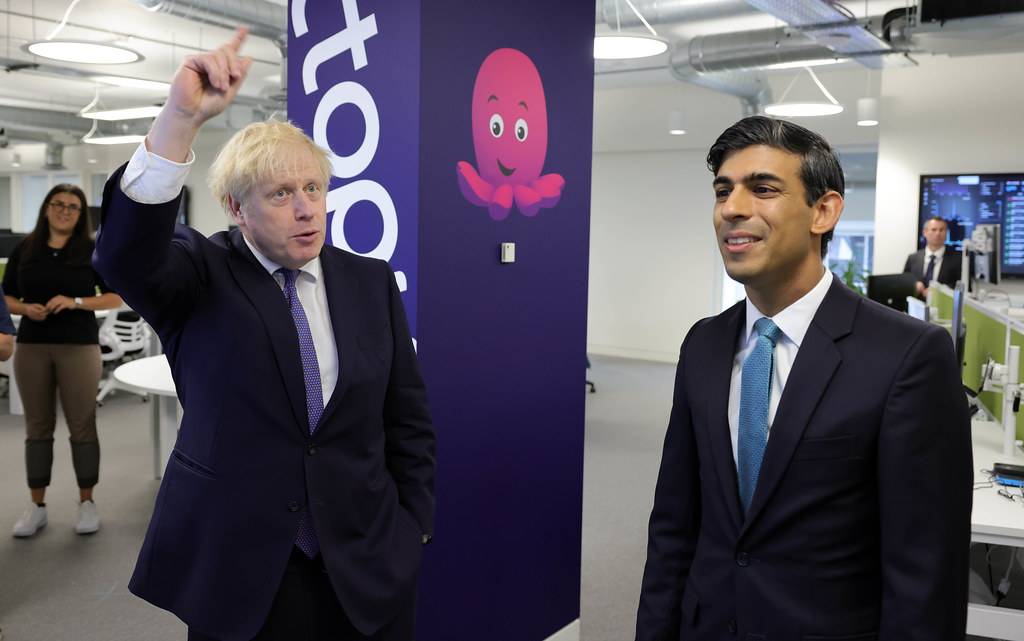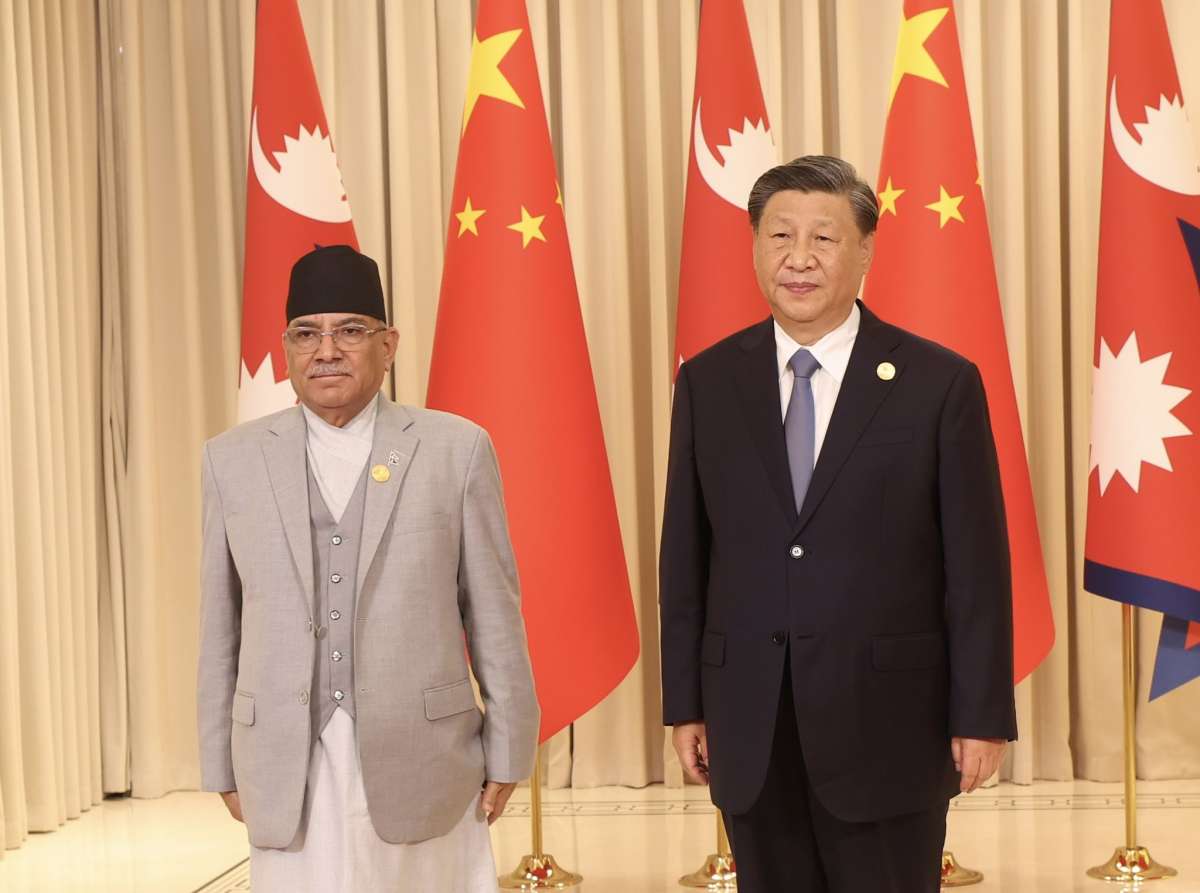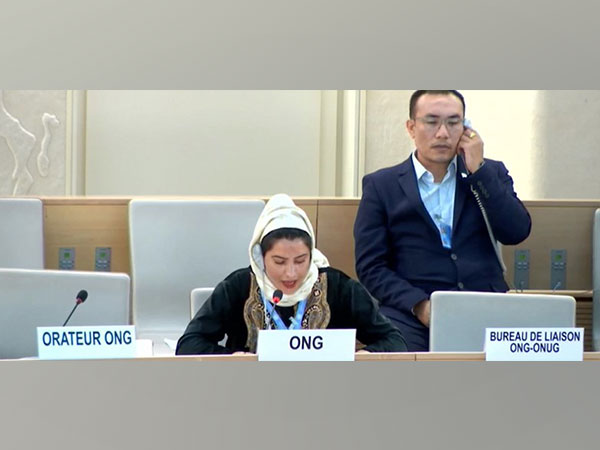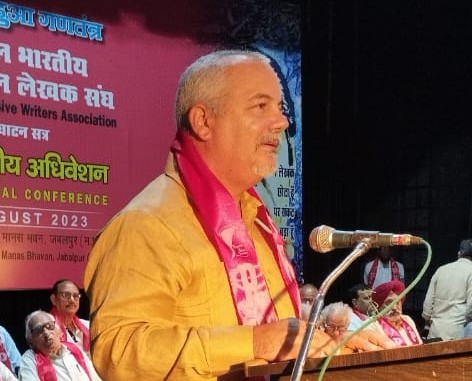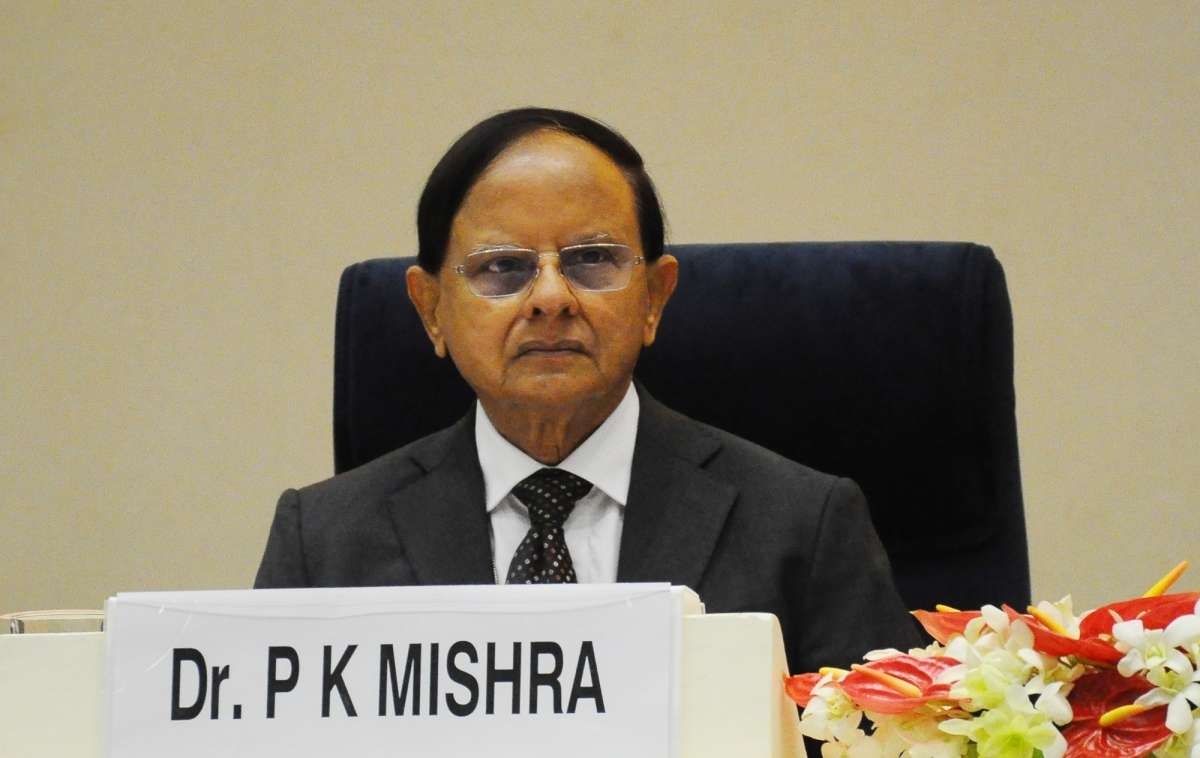Of the 13 points in the joint statement, four have direct references to Tibetan affairs and encompass politics, boundary management, health and infrastructural issues….reports Asian Lite News
The joint statement issued by Nepal and China in Beijing following the visit by Prime Minister Pushpa Kamal Dahal institutionally strengthens China’s hand on matters relating to Tibet and Tibetans, the International Campaign for Tibet said on Wednesday.
The Campaign’s President Tencho Gyatso said: “Nepal is bound by international law to respect the principle of non-refoulement, which precludes states from returning a person to a place where he or she might be tortured or face persecution.
“The principle of non-refoulement is included in several treaties signed and ratified by Nepal, such as the Convention against Torture and Other Cruel, Inhuman or Degrading Treatment or Punishment (Article 3), General Comment No. 20 of the Human Rights Committee and General Comment No. 6 of the Committee on the Rights of the Child.”
Of the 13 points in the joint statement, four have direct references to Tibetan affairs and encompass politics, boundary management, health and infrastructural issues.
Politically, the joint statement says: “The Nepali side reiterated that Tibet affairs are China’s internal affairs, that it will never allow any separatist activities against China on Nepal’s soil.”
Although the fundamentals have not changed, this formulation separates Tibet from Taiwan as well as the One China Principle, unlike two earlier joint statements in 2019 (when President Xi Jinping visited Nepal) and 2018 (when then Prime Minister K.P. Sharma Oli visited China), which said: “The Nepali side reiterated its firm commitment to the one-China policy with Tibet and Taiwan affairs as being China’s internal affairs, and the determination on not allowing any anti-China activities on its soil.”
The joint statement refers to implementation of an agreement on boundary management, raising concerns not only about the plight of Tibetans who are trying to flee via Nepal, but also the possible deportation of those who have already entered Nepal.
The “agreement between the government of the People’s Republic of China and the government of Nepal on the boundary management system”,which the joint statement now says the “two sides agreed to bring into force…as soon as possible”, provides the Chinese authorities additional avenues to get Tibetans deported from Nepal to Tibet.
According to the text of the agreement that ICT has seen, Articles 26 and 27 of the agreement deal with “persons crossing the border illegally”.
Article 26.2 reads: “The boundary representatives or competent authorities of both sides shall investigate the cases of persons found while crossing (the) border illegally, ascertain their identities, cross border facts and reasons as soon as possible and hand them over to the side where they stayed before crossing the border within seven days from the day when they were detained.”
In recent years, the number of Tibetans able to escape from Tibet through Nepal has been dwindling due to China’s heightened security in border areas, as well as its general clampdown in Tibet.
From the 1980s until 2008, there was a steady flow of 2,500 to 3,500 Tibetans escaping into exile via Nepal annually.
The flow of refugees from Tibet dropped dramatically in the wake of the party’s response to the pan-Tibet protests in spring 2008. In 2008, the number of refugees from Tibet dropped to 588 from 2,338 in 2007.
After a gradual climb up to 753 in 2011, the number of refugees dropped by 50 per cent to 375 in 2012, the year Xi assumed leadership.
With the intensive securitization of Tibet, the number of refugees from Tibet trickled down steadily throughout the decade of Xi’s rule: the number dwindled to 19 Tibetans in 2019, five in 2020, 10 in 2021, and only five in 2022.
The joint statement also refers to the Lhasa Economic and Technological Development Zone Investment Development Company, which intends to invest in projects in Nepal, but no concrete decision is announced.
Even though the joint statement was issued on September 26, Prime Minister Dahal is scheduled to visit Tibet, possibly on September 29, before returning to Nepal.


